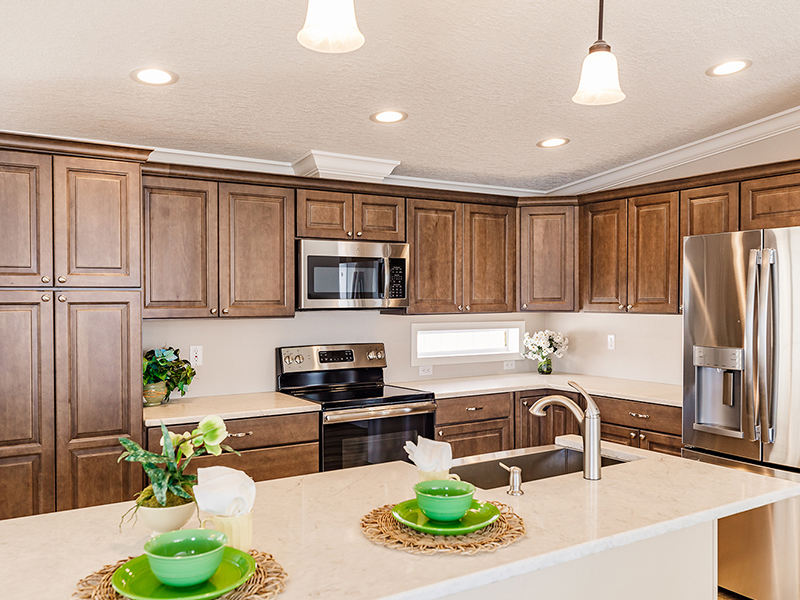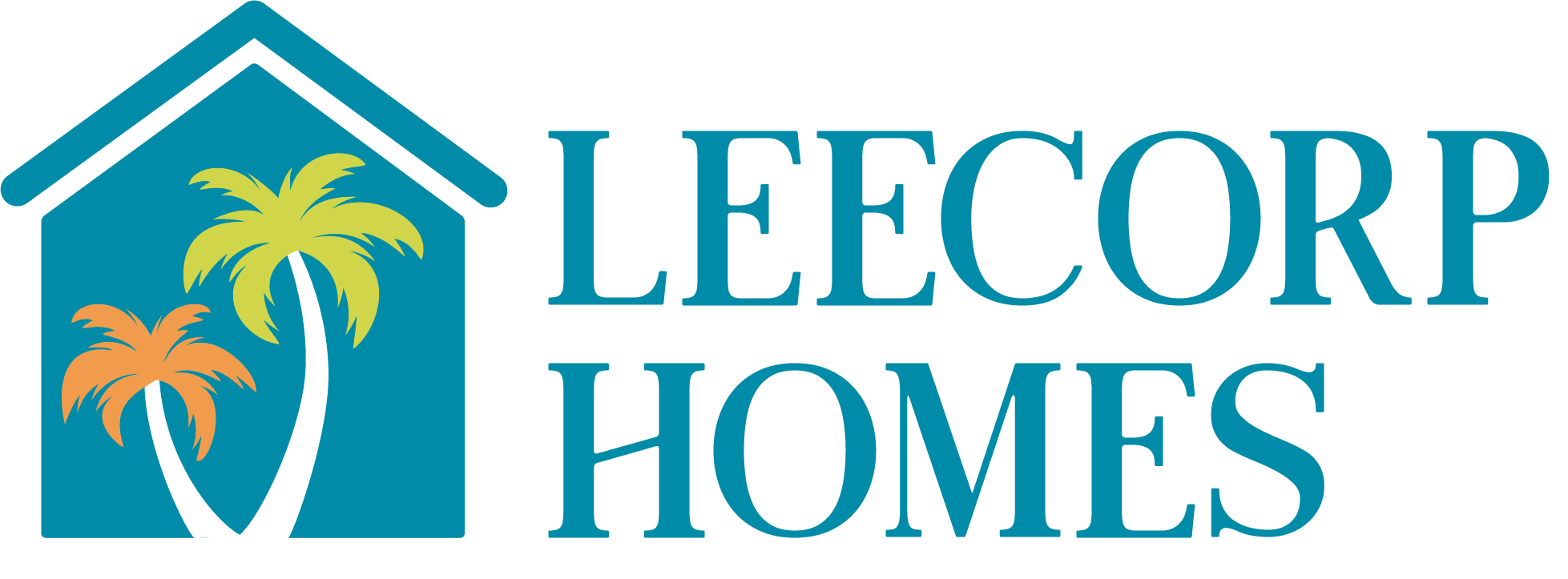
Purchasing a manufactured home is an exciting milestone, and like any valuable asset, it deserves protection. Manufactured home insurance ensures that you are financially safeguarded if unexpected events such as fire, storms, or theft occur. By carrying the right coverage, you not only protect the structure itself but also your belongings, your liability to others, and even the overall value of your investment. For many families, a manufactured home represents both a place to live and a significant financial commitment, so having a clear understanding of insurance basics is essential.
Essential Coverage Types
Insurance for manufactured homes is similar in many respects to traditional homeowners insurance, but with nuances specific to factory-built housing. The main coverage categories are structure, liability, and personal contents.
Structure Coverage
This is the foundation of your policy. Structure coverage protects the physical manufactured home itself from hazards such as fire, vandalism, hail, or lightning. Depending on your policy, it may also include attached additions like decks, porches, or carports. Some plans cover detached structures like sheds or garages as well. Without adequate structure coverage, you would be left to pay for rebuilding or major repairs entirely out of pocket.
When reviewing your options, check whether the policy pays claims based on “actual cash value” (depreciated replacement value) or “replacement cost value” (the amount to replace with similar new materials). Replacement cost coverage is usually more expensive but ensures you can truly rebuild without coming up short.
Liability Protection
Accidents can happen anywhere, including at your home. Liability coverage provides protection if a guest is injured on your property and you are found legally responsible. For example, if a delivery driver slips on your front steps or a visitor’s child is injured on a swing set in your yard, liability coverage helps pay medical bills, legal defense, or settlement costs.
Manufactured home insurance policies typically offer liability limits starting around $100,000, but higher limits are available. Given the potentially high cost of lawsuits, many homeowners choose to increase their coverage to $300,000 or more for peace of mind.
Contents Coverage
Your manufactured home is filled with belongings that matter to you, from electronics and furniture to clothing and kitchen appliances. Contents coverage protects these items if they are stolen, damaged, or destroyed by a covered peril. Policies often cover personal property both inside and outside the home. For example, if your laptop is stolen from your car, contents coverage may still apply.
Be sure to review the details carefully. Some high-value items like jewelry, art, or collectibles may require additional riders or endorsements for full coverage. Taking an inventory of your possessions can help ensure you purchase adequate protection.
Windstorm and Flood Riders
Standard manufactured home insurance policies usually exclude certain natural disasters, including floods and, in some areas, hurricanes or windstorms. Homeowners in coastal or storm-prone regions, such as Florida, often need to purchase separate windstorm or flood riders.
Windstorm coverage specifically addresses damage caused by high winds, tornadoes, or hurricanes. Flood insurance, sold through the National Flood Insurance Program (NFIP) or private insurers, protects against rising water damage. Since manufactured homes are particularly vulnerable to wind and water, these riders can be crucial to safeguarding your property.
Factors That Affect Your Premium
Premiums for manufactured home insurance can vary widely depending on a number of factors. Understanding what influences your rates helps you anticipate costs and take steps to reduce them.
Location
Where your home is located plays one of the biggest roles in determining insurance costs. Homes in areas prone to hurricanes, tornadoes, or flooding will generally face higher premiums. Similarly, living in a region with high crime rates can increase your rates due to the higher risk of theft or vandalism.
Age and Condition of the Home
Newer manufactured homes typically qualify for lower premiums because they are built to stricter safety and construction standards. Older homes may lack modern safety features or be more vulnerable to damage, which can make them more expensive to insure. Insurers may require a home inspection before issuing a policy.
Deductible Options and Limits
Your deductible is the amount you agree to pay out of pocket before your insurance kicks in. Choosing a higher deductible can lower your premium, but it also means you’ll have to cover more of the initial costs if you file a claim. It’s important to strike a balance between affordable monthly premiums and manageable deductibles.
In addition, policy limits (the maximum amount your insurer will pay for covered losses) also affect pricing. Higher limits provide more protection but come with higher premiums. Reviewing your budget and risk tolerance helps determine the right balance.
Bundling Home and Auto Policies
One of the easiest ways to reduce your premium is to bundle your manufactured home insurance with other policies, such as auto insurance. Many insurers offer discounts for multi-policy customers, sometimes reducing premiums by 10 to 25 percent. This not only saves money but also simplifies your billing and account management.
Safety Features and Upgrades
Insurance companies reward homeowners who take steps to minimize risk. Adding safety features like smoke detectors, fire extinguishers, security systems, or storm shutters may qualify you for premium discounts. Upgrading your home’s foundation or anchoring system can also make it more resilient to storms and reduce your insurance costs.
Filing a Claim: What to Expect
Knowing how to navigate the claims process gives you confidence that your coverage will deliver when you need it most.
Step 1: Report the Incident Promptly
If your manufactured home is damaged or you suffer a loss, contact your insurance company as soon as possible. Most insurers provide a 24/7 claims hotline. Be prepared to provide details about the incident, such as the date, cause, and type of damage.
Step 2: Document the Damage
Take photographs or videos of the damage before making any repairs. Keep receipts for emergency repairs or expenses, such as temporary lodging if your home is uninhabitable. A well-documented claim helps prevent disputes with your insurer later on.
Step 3: Adjuster Visit
Your insurance company may send a claims adjuster to inspect the damage and verify the details. The adjuster will assess the extent of the loss and estimate repair or replacement costs. Cooperating with the adjuster and providing any requested documents can help the process move smoothly.
Step 4: Claim Settlement
Once the adjuster’s report is complete, the insurance company will issue a settlement offer. Depending on your policy type, you will either be reimbursed for the actual cash value or the replacement cost of the damaged property. Review the settlement carefully and ask questions if anything seems unclear.
Step 5: Repairs and Resolution
After receiving payment, you can begin making repairs or replacing items. Keep records of expenses and communicate with your insurer if costs exceed the settlement amount. Many companies have preferred contractors who can help ensure repairs meet quality standards.
Tips for Finding Affordable Premium Plans
Securing comprehensive protection does not have to break your budget. With some research and planning, you can find a policy that balances cost and coverage.
- Shop Around: Compare quotes from multiple insurance companies. Rates and coverage can vary significantly, so gathering several options helps you make an informed choice.
- Work with a Specialist Agent: Agents who understand manufactured home insurance can connect you with insurers who specialize in this type of coverage. They can also explain policy exclusions and riders that may be important for your area.
- Maintain Good Credit: Insurers often consider your credit score when setting premiums. A higher score can result in lower rates.
- Review Your Policy Annually: Life changes, home upgrades, and shifts in the insurance market can all affect your coverage needs. Reviewing your policy each year ensures you remain adequately protected without paying for unnecessary extras.
- Ask About Discounts: Many insurers offer discounts for retirees, military personnel, or those who install specific safety features. It never hurts to ask what’s available.
Protecting Your Home and Peace of Mind
Your manufactured home is more than just a structure; it is your sanctuary, your investment, and often the centerpiece of your lifestyle. Insurance is a vital tool for protecting that investment against life’s uncertainties. From structure coverage and liability protection to additional riders for flood or windstorm damage, a well-chosen policy can provide peace of mind that you are covered when the unexpected happens.
Taking the time to understand your coverage options, compare premiums, and tailor a plan to your needs ensures you get the most value from your policy. And when combined with thoughtful home upgrades and safety precautions, insurance becomes an integral part of safeguarding both your financial security and your family’s comfort.
Contact Us Today
If you are considering a manufactured home in Southwest Florida, LeeCorp Homes is ready to help. A family-owned business founded in 1983, we are committed to quality craftsmanship and ensuring you get a home you can be proud of. Whether you’re thinking of a simple single-wide hideaway, a waterfront stilt home, or a three-bedroom residence designed to welcome friends and family, we can bring your plans to life. As specialists in manufactured homes, we guide you through every step, from zoning and site development to ADA-compliant builds, landscaping, and even replacement homes. With transparent pricing and full-service support, we make the homebuilding process simple and stress-free.
Contact us today to explore your options and start protecting your future with a manufactured home built just for you.

No comment yet, add your voice below!